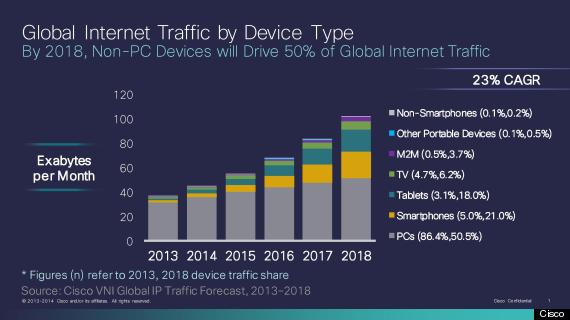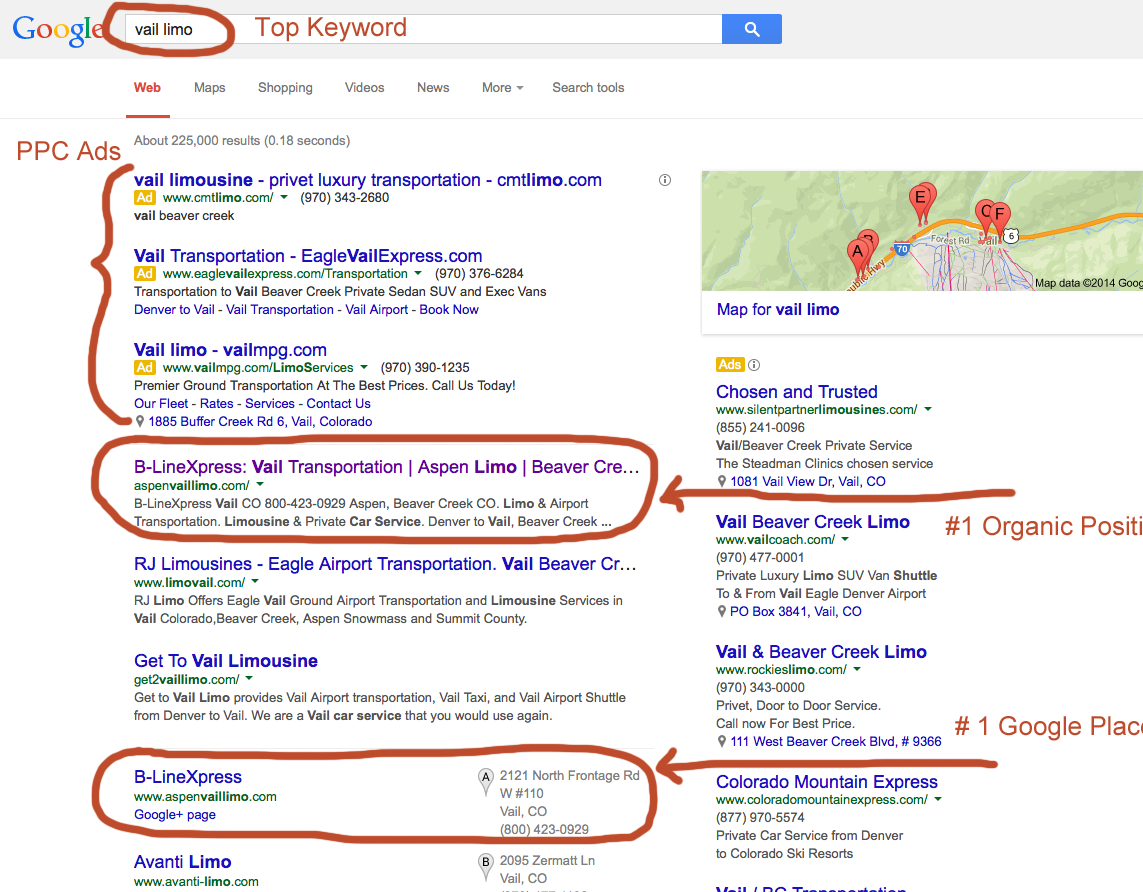A common black hat SEO technique has been that of keyword stuffing.
The practice involves “stuffing” as many relevant keywords into a web page as was possible. This is done so that search engines would consider these pages more relevant to the searcher’s query. This is a practice that has seen its day, it worked in the early days of seo, but now it’s consider taboo and can get your website penalized by Google, Bing, and Yahoo search.
In February 2014, Bing updated their Webmaster Guidelines and addressed the use of keyword stuffing. Bing indicated that there is potential to demote sites or delist sites entirely that utilize keyword stuffing.
Here’s Bing’s updated Webmaster Guideline on keyword stuffing:
“When creating content, make sure to create your content for real users and readers, not to entice search engines to rank your content better. Stuffing your content with specific keywords with the sole intent of artificially inflating the probability of ranking for specific search terms is in violation of our guidelines and can lead to demotion or even the delisting of your website from our search results.”
The search engines have always promoted their best “white hat” SEO practices, and have been stressed their disapproval of building websites purely with SEO in mind. Optimizing any website is recommended, however, Google, Bing and other search engines advise designing and building a website for its users.
This isn’t to say a website shouldn’t have relevant keywords in their content. Your website is certainly include information about your business and services, and is going to have relevant keywords and information written into its content. The search engines want to eliminate content that does not offer a website visitor any useful information.
SEO TECHNIQUES TO AVOID
CLOAKING
Cloaking is the practice of showing one version of a webpage to a search crawler like Bingbot, and another to normal visitors. Showing users different content than to the crawlers can be seen as a spam tactic and be detrimental to your website’s rankings and can lead to your site being de-listed from our index. It is therefore recommended to be extremely cautious about responding differently to crawlers as opposed to “regular” visitors and to not cloak as a principle.
LINK SCHEMES, LINK BUYING, LINK SPAMMING
While link schemes may succeed in increasing the number of links pointing to your website, they will fail to bring quality links to your site, netting no positive gains. In fact, manipulating inbound links to artificially inflate the number of links pointed at a website can even lead to your site being delisted from our index.
SOCIAL MEDIA SCHEMES
Like farms are similar to link farms in that they seek to artificially exploit a network effect to game the algorithm. The reality is these are easy to see in action and their value is deprecated. Auto follows encourage follower growth on social sites such as Twitter. They work by automatically following anyone who follows you. Over time this creates a scenario where the number of followers you have is more or less the same as the number of people following you. This does not indicate you have a strong influence. Following relatively few people while having a high follower count would tend to indicate a stronger influential voice.
META REFRESH REDIRECTS
These redirects reside in the code of a website and are programmed for a preset time interval. They automatically redirect a visitor when the time expires, redirecting them to other content. Rather than using meta refresh redirects, we suggest you use a normal 301 redirect.
DUPLICATE CONTENT
Duplicating content across multiple URLs can lead to Bing losing trust in some of those URLs over time. This issue should be managed by fixing the root cause of the problem. The rel=canonical element can also be used but should be seen as a secondary solution to that of fixing the core problem. If excessive parameterization is causing duplicate content issue, we encourage you to use the Ignore URL Parameters tool.
KEYWORD STUFFING
When creating content, make sure to create your content for real users and readers, not to entice search engines to rank your content better. Stuffing your content with specific keywords with the sole intent of artificially inflating the probability of ranking for specific search terms is in violation of our guidelines and can lead to demotion or even the delisting of your website from our search results.
Contact Us:
Minds Over Media LLC
303-521-6681 (Denver)
970-306-7876 (Vail)
866-667-8646 (fax)
Email Us










Follow Us!